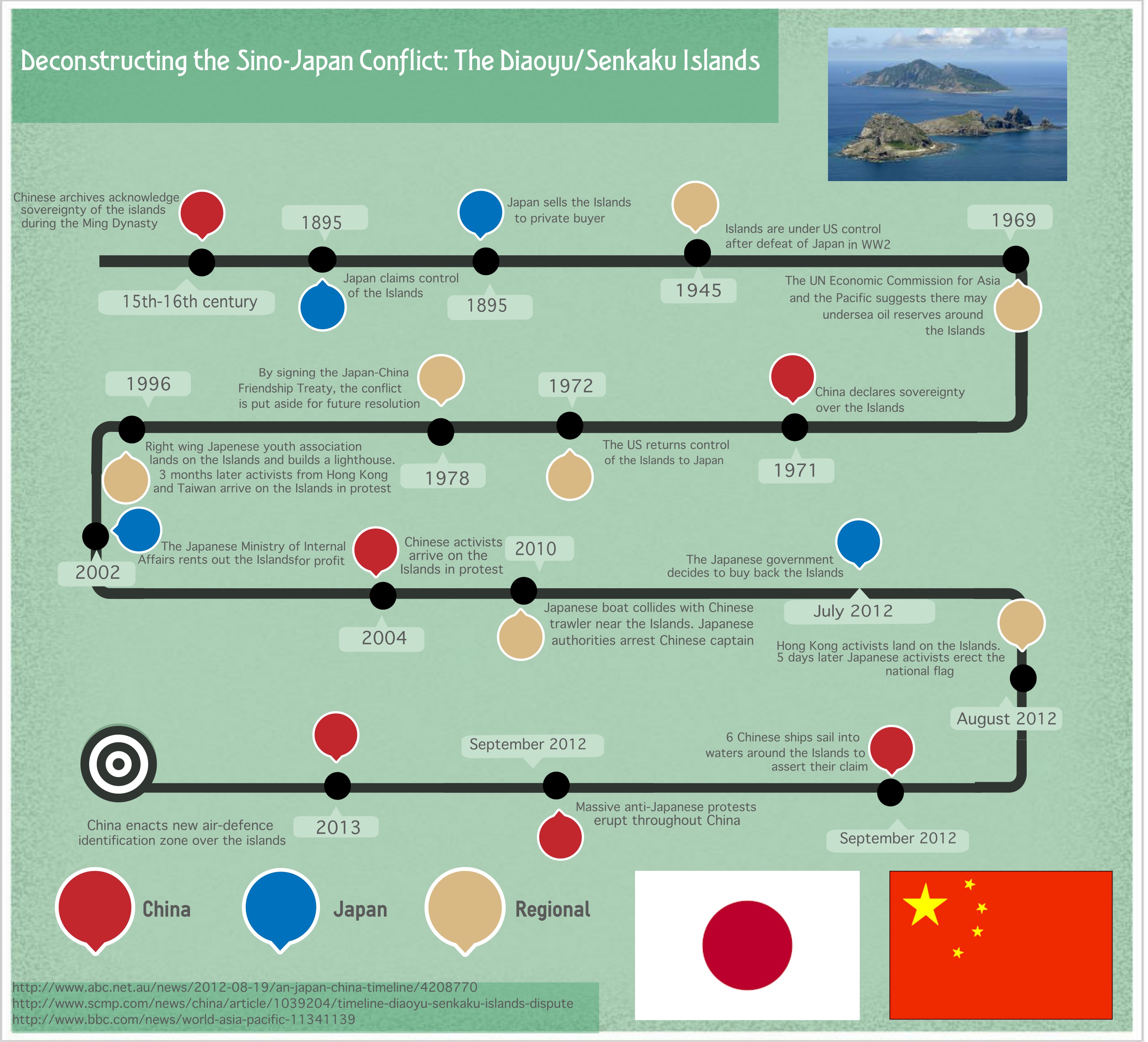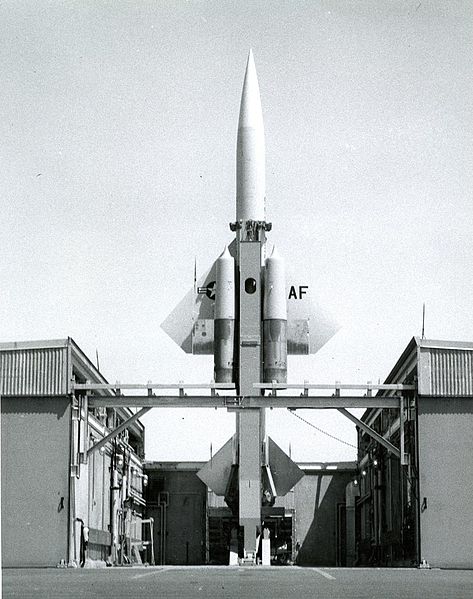
Over the last few decades, the world has seen the climate change debate move to a more mainstream stage. Although the issue’s politicisation continues to allow for skeptics to voice their opposition, the discussion of global warming in scientific literature has led to an almost unanimous consensus being reached. This consensus has in turn triggered another kind of debate, this time mostly confined to academic circles: the debate on whether or not global warming increases the risk of armed conflict.
At the centre of the debating ring, academics Marshall Burke and Halvard Buhaug have launched pointedly titled papers at one another. Burke made the first move in 2009, publishing “Warming increases the risk of civil war in Africa”. A mere year later, Buhaug responded with “Climate not to blame for African civil wars”.
Understanding what exactly triggers civil war is vital to our efforts in conflict prevention or mitigation. Obviously, it would be absurd to suggest that the weather is the one and only factor at play when it comes to initiating war. However, climate, as a conflict factor, is unique in the sense that, unlike economic, political, and societal factors, it is extremely easy to translate into raw data. Should a clear relationship between rainy days and armed offenses be found, quantified and formulated, both future conflict prevention policies and global warming mitigation policies would hugely benefit.
History has previously witnessed extreme weather events bringing about the collapse of entire civilisations. The Maya civilization fell victim to a severe drought, with a century long decline in rainfall putting a strain on the harvesting of regional resources. In Cambodia, the downfall of Angkor was in part triggered by the country’s difficult situation as it dealt with sustained droughts, punctuated by intense monsoons. Further geological evidence has also established a direct link between the Mesopotamian aridification and the fall of the Akkadian empire.
The question, however, is whether or not our modern day conflicts could also be attributed, at least in part, to climate change. So far, a surprising body of evidence would suggest it does.
In his work, Burke overlaid trends in African civil wars with temperature data for the last few decades. He discovered that every 1 °C increase above average led to a 4.5% increase in the incidence of conflict that year. Extrapolating their data, Burke and his co-authors further predicted that higher temperatures due to climate change would result in a 54% increase in armed conflict in Africa by 2030 – a scenario with a death toll of 393,000.
This claim, however, is disputed by Buhaug. While the latter does not reject Burke’s idea out of hand, he argues that more convincing evidence is required due to the apparent inconsistency in climate and war trends with Burke’s theory. Observing the same data, he noted that the past 10-15 years have been relatively peaceful in Africa, despite rising temperatures. He also points out that the African continent has become increasingly dryer and hotter over the past few decades, while war deaths have declined since the 1980’s (Figure 1).

Moving away from Burke and Buhaug’s constant back and forths, a more recent study from Princeton and Columbia’s Earth Institute looked specifically at the effects of the El Niño climate cycle. The tropical Pacific Ocean experiences alternating periods of warming and cooling every 3 to 7 years. “La Niña” refers to the less problematic cooling phase. “El Niño” is the tenser, more conflict-prone warming phase, regularly served with a side of typhoons, heat waves and droughts. The Earth Institute’s researchers found that with the arrival of an El Nino phase, the risk of conflict doubled across 90 affected tropical countries, possibly accounting for a fifth of all worldwide conflicts in the past half-century.
That being said, we must still be cautious and consider the difference between temporal correlation and causation. Even in the case of causation, many of the factors that trigger civil war are interrelated, the effects of climate change rarely, if ever, operating independently of other factors. In Africa, for instance, farming can account for up to 50% of GDP. It is in these kinds of regions that climate change would greatly disrupt economic welfare and drive unrest.
In light of this caveat, many would call for more research on the relationship between climate change and organised violence. Such research would not only further our ability to effectively respond to conflicts around the world, but also enable us to better prepare for an inevitably more heated future.




